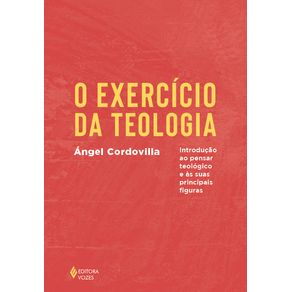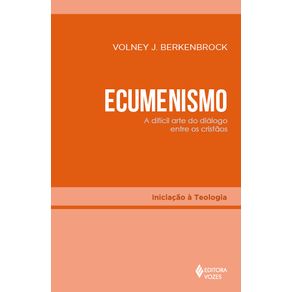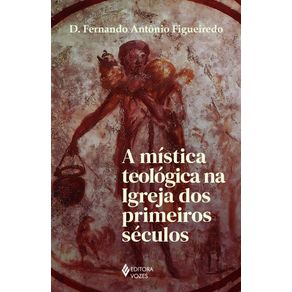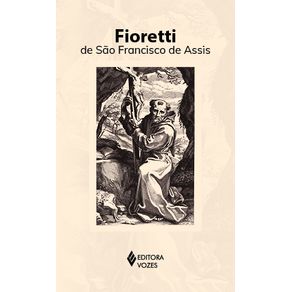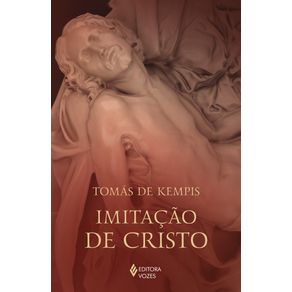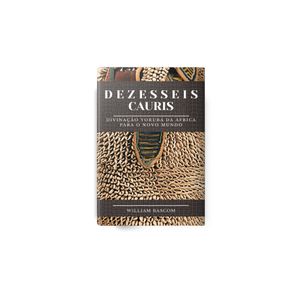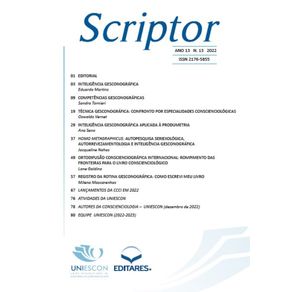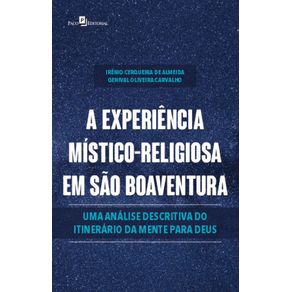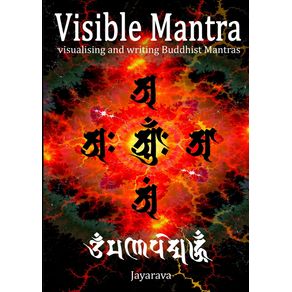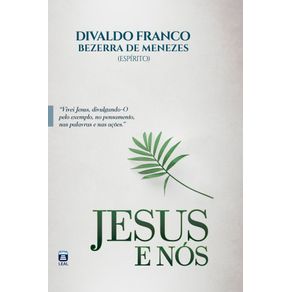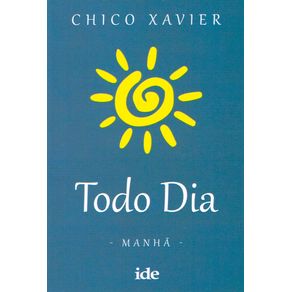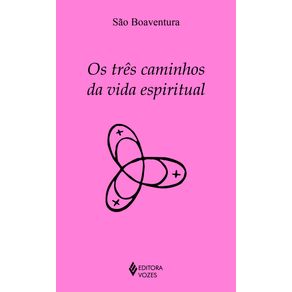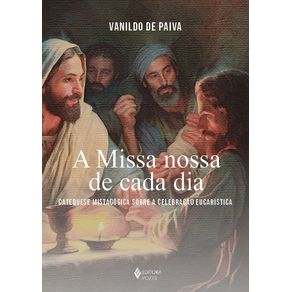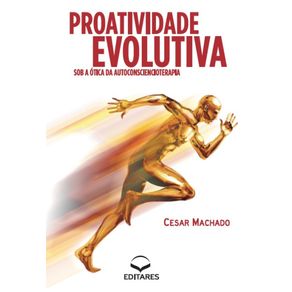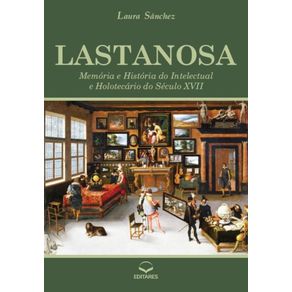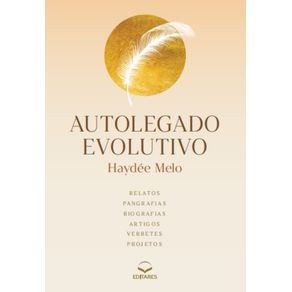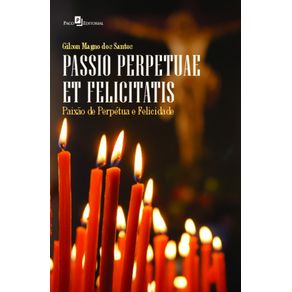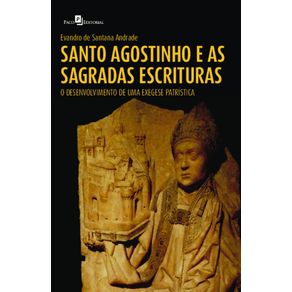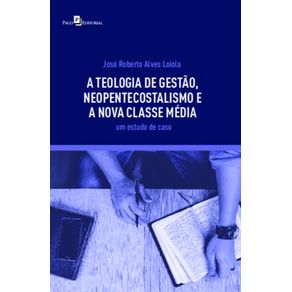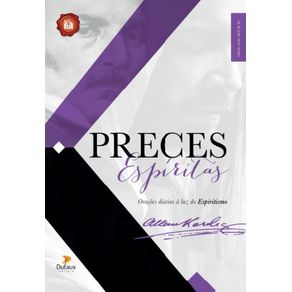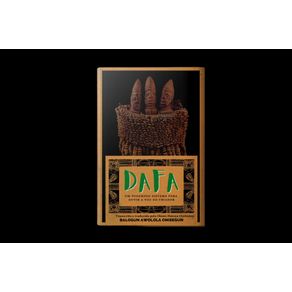-
DEPARTAMENTOS
- ANIMAIS DE ESTIMAÇÃO
- ARTES
- AUTO AJUDA
-
BEM ESTAR E LAZER
-
CATEGORIAS
-
-
CULINÁRIA E GASTRONOMIA
-
CATEGORIAS
-
-
ESPORTES
-
CATEGORIAS
-
- INFANTIL
-
RELIGIÃO
-
CATEGORIAS
-
- ADMINISTRAÇÃO E NEGÓCIOS
-
CIÊNCIAS BIOLÓGICAS E NATURAIS
-
CATEGORIAS
-
- DIREITO
- ECONOMIA
-
MEDICINA
-
CATEGORIAS
-
-
TODOS DEPARTAMENTOS
-
INTERESSE GERAL
-
LIVROS TÉCNICOS
-
- IMPORTADOS
Veiled Gurus
Cód:
491_9780761837756
Veiled Gurus
Autor:
Código:
491_9780761837756
Vendido e entregue por Um Livro
This work examines the social reality of a Hindu womans involvement in the transmission of religious knowledge. The two-year ethnographic study traces the steps of Dalit women in an urban village in New Delhi, India, in which Dr. Yim explores the mothers role in life cycle rituals, festivals, vrats (ritual fasts), and daily life. In this study, Yim attempts to bridge the gap between the word of religious texts and the reality of the womens lives. Despite the tradition of religious texts to overlook the role of women as teachers, this study found that women are the primary agents of religious knowledge transmission. The Dalit women in this study convey their erudition through informal education, such as observation; worship; imitation; and family responsibilities. The implications of this study are not only to validate informal education as an effective means of teaching, but to confirm the central role Hindu women have in the transmission of religious knowledge to their children.
Veja mais
